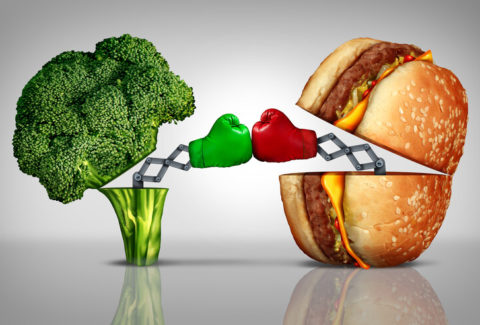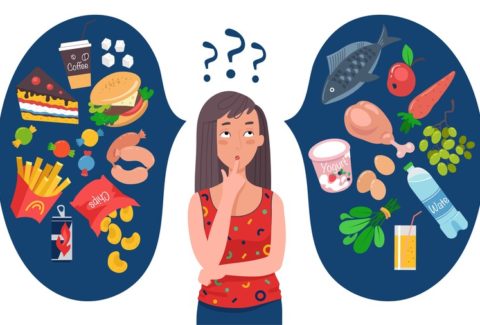Depression and Why Do Things Happen?
Why do things happen? Why do our lives seem to be a sequence of events, situations, circumstances, relationships, and happenings? Why does one thing happen instead of the other, and why does one thing happen when it happens instead of at another time? Furthermore, why is it that sometimes we wish for something, want something, are committed to do something and do it, while at other times, we equally wish, equally want, are equally committed to something else, and it just does not seem to happen? What’s behind all this? What’s the explanation?
As discussed in our last article in this series, one of the reasons why we get depressed is because of how we respond to things that happen. We respond to things that happen because we have a perception of what should be happening, how it should be happening, and when it should be happening. This perception is based on our conviction that we do know what is in our own best interest. Yet, as we dispelled in our previous two articles, regardless of how much we may want to convince ourselves, we really do not know what is in our own best interests, and we prove it to ourselves on a day-to-day, moment to moment, basis. We prove it to ourselves through our own goals, which if we take a closer look, often contradict each other; are at times disappointing; and are never fully satisfying. Since we do not know what our own best interests are, we are really unable to determine which event is “good,” for us and which one is “bad.” Doing so is simply making one mistake after the other, making it even harder to see how it all started.
Part of this mistake of sorting out what’s “good,” for us versus what’s “bad” for us, takes place through our meaning assignment[1]. And because what meaning [2] we assign varies from person to person and from time to time for the same person and the same event, it is clear that the type of meaning we assign to things, or our basis of assigning meaning, or how we assign meaning is simply a variable, not a constant, and therefore unreliable at best, hence meaningless. We cannot make use of it. We cannot count on it. We cannot draw a decision from it. Though we use it all the time and this is the reason why depression is soon becoming the number reason for disability around the world.
As such, In our collective mindset in which we operate, meaning is useless. Things are utterly neutral and they do not mean anything. Now, not meaning anything does not tell the whole story. Not meaning anything means:
- The meaning we are assigning is really not so;
- We think we know what things are for or why things happen when in fact we do not.
This insight can be humbling to some, satisfying to others, while an object of a narcissistic injury for some others. We have spent our life pretending to know what’s “good” for us, what’s “bad” for us; what to do, what to avoid; or what to go after, and what is not worth it. “What do you mean I don’t know what things are for?” to which we will respond, “If we are so sure how things work out, then, why are we depressed? Why are we suffering[3]? Why are we so miserable?” Something is missing. And it may be just that. It may be that we think we know why things happen. We think we know what things are for, and we are prone to assign meaning and we become the victim of our meaning assigned to things – the victim of our own making – the meaning of our world, for which we start to blame everything else and everyone else except ourselves.
Yet, there is a purpose to Life. It is just not what we think it is. There is a purpose for things. It is not just what we’ve been taught it is. Our collective mindset has been leading to a pandemic of depression. But it does not need to be that way. And if you are a clinician, we can make a difference by getting the proper tools.
Much Love,
Karen and Mardoche
[1] Magolda, Marcia B. Baxter. “The activity of meaning making: A holistic perspective on college student development.” Journal of College Student Development 50.6 (2009): 621-639.
[2] Lewis, Siân E. “A search for meaning: Making sense of depression.” Journal of Mental Health 4.4 (1995): 369-382.
[3] Levinas, Emmanuel. “Useless suffering.” The provocation of Levinas: Rethinking the other 158 (1988).







